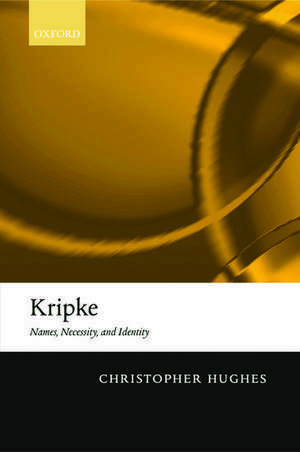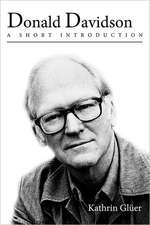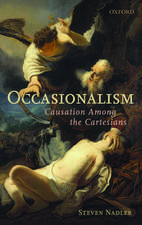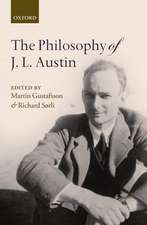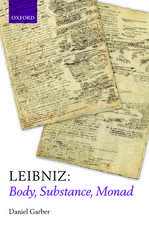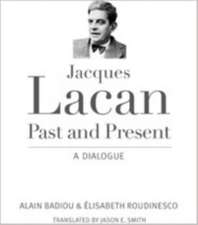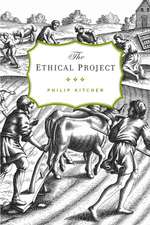Kripke: Names, Necessity, and Identity
Autor Christopher Hughesen Limba Engleză Paperback – 2 feb 2006
| Toate formatele și edițiile | Preț | Express |
|---|---|---|
| Paperback (1) | 292.72 lei 31-38 zile | |
| OUP OXFORD – 2 feb 2006 | 292.72 lei 31-38 zile | |
| Hardback (1) | 672.01 lei 31-38 zile | |
| OUP OXFORD – 15 ian 2004 | 672.01 lei 31-38 zile |
Preț: 292.72 lei
Preț vechi: 357.26 lei
-18% Nou
Puncte Express: 439
Preț estimativ în valută:
56.01€ • 58.48$ • 46.36£
56.01€ • 58.48$ • 46.36£
Carte tipărită la comandă
Livrare economică 24-31 martie
Preluare comenzi: 021 569.72.76
Specificații
ISBN-13: 9780199288687
ISBN-10: 0199288682
Pagini: 260
Dimensiuni: 156 x 234 x 17 mm
Greutate: 0.42 kg
Editura: OUP OXFORD
Colecția OUP Oxford
Locul publicării:Oxford, United Kingdom
ISBN-10: 0199288682
Pagini: 260
Dimensiuni: 156 x 234 x 17 mm
Greutate: 0.42 kg
Editura: OUP OXFORD
Colecția OUP Oxford
Locul publicării:Oxford, United Kingdom
Recenzii
Review from previous edition Hughes provides a very accessible and engaging presentation of Kripke's arguments. While offering a balanced discussion of the issues, Hughes is not afraid to express and develop his own opinions on the topics. The book fills an important need, offering a good overview of some of the more important arguments Kripke has advanced. Anyone seeking an introduction to Kripke's philosophy will be happy to find Hughes's book.
... a fine piece of work.
... a fine piece of work.
